The agreement affects owners of devices running Google's Android operating system and stops Verizon from blocking tethering apps and charging a $20 fee for such access to tiered data subscribers, reports The Washington Post.
During a ten-month investigation, the FCC discovered Verizon requested that Google remove 11 apps from its Android Marketplace which allowed users to bypass the carrier's own built-in tethering functionality that carries a $20 charge. The nation's largest wireless carrier by subscribership apparently promised the FCC it would allow the use of any software on its network, thus asking Google to remove the apps constitutes an unlawful act.
“The massive innovation and investment fueled by the Internet have been driven by consumer choice in both devices and applications,†FCC Chairman Julius Genachowski said. “The steps taken today will not only protect consumer choice, but defend certainty for innovators to continue to deliver new services and apps without fear of being blocked.â€
At issue are rules and regulations regarding C-Block spectrum, including the 700 MHz band Verizon purchased in 2008 for $9.63 billion and on which the company launched its 4G LTE network in 2010. The associated rules state "[…] licensees shall not deny, limit or restrict the ability of their customers to use the devices and Applications of their choice on the licensee’s C-Block network, with certain exceptions."
Tuesday's ruling only affects Android users since Apple's iPhone does not yet operate on 4G networks and customers weren't being charged for use of the third-generation iPad's mobile hot spot feature.
As with a similar case reported today regarding Google's alleged sidestepping of Safari privacy settings, the FCC adopted a "consent decree" which allows Verizon to make a voluntary payment without admitting liability.
In a statement issued by Verizon, the company said the consent decree "puts behind us concerns related to employee’s communications with an app store operator about tethering applications, and allows us to focus on serving our customers."
 Mikey Campbell
Mikey Campbell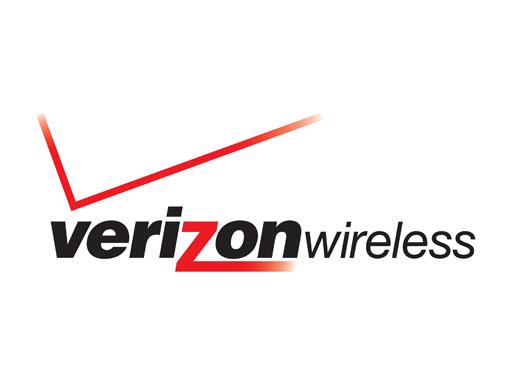







-m.jpg)






 Christine McKee
Christine McKee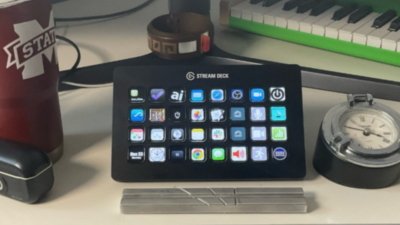
 William Gallagher
William Gallagher
 Amber Neely
Amber Neely
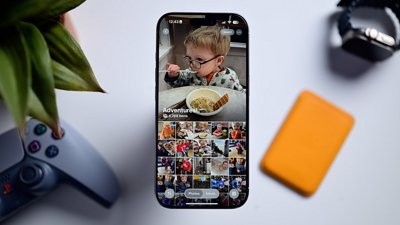
 Andrew O'Hara
Andrew O'Hara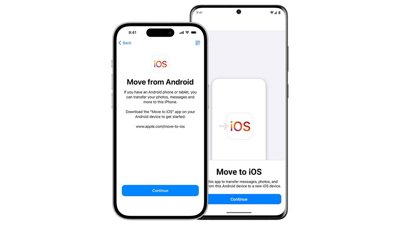
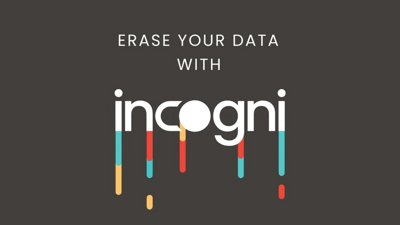
 Sponsored Content
Sponsored Content
 Charles Martin
Charles Martin









39 Comments
I love the last line in the story.
"In a statement issued by Verizon, the company said the consent decree "puts behind us concerns related to employee’s communications with an app store operator about tethering applications, and allows us to focus on serving our customers."
Yeah, right! If they had focused on their customers they would have never blocked tethering to begin with.
This should trickle to the other carriers, namely AT&T. Now where is the investigation into SMS costs?
So this is a possible reason why the carriers are supposedly "rushing" to implement shared data plans.
That's funny because both ATT and Sprint block FoxFi from the Google Play store while VZW does not. I guess the difference is the LTE network and the C block spectrum it uses.
This is a big deal. I hope other cases come up and all blockages and restrictions are removed. Data is data no matter what form it takes as it floats through the airwaves and fiber optic cables.
This also makes Android more attractive than iOS for now. It could save a lot of money for all of the users.